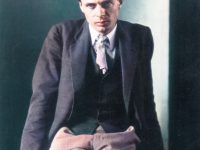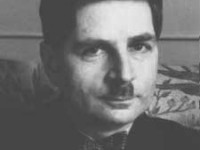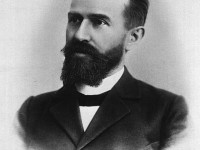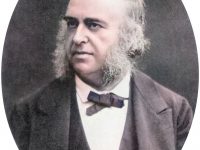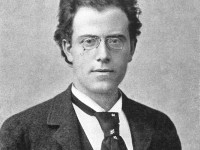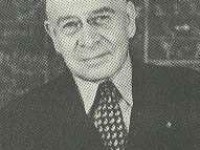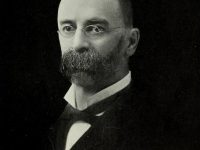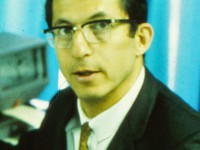Aviation Pioneer Sir Geoffrey De Havilland and the Era of Jet Passenger Flight
On July 27, 1882, British aviation pioneer and aircraft engineer Sir Geoffrey De Havilland was born. In 1909, he constructed his first machine and through trial and error and taught himself to fly. His Mosquito has been considered the most versatile warplane ever built. In 1943, he was one of the first to make jet-propelled aircraft, producing the Vampire jet fighter. De Havilland led the world in entering the era of jet passenger…
Read more












